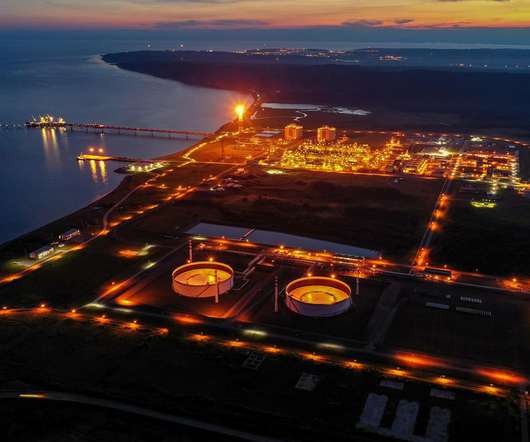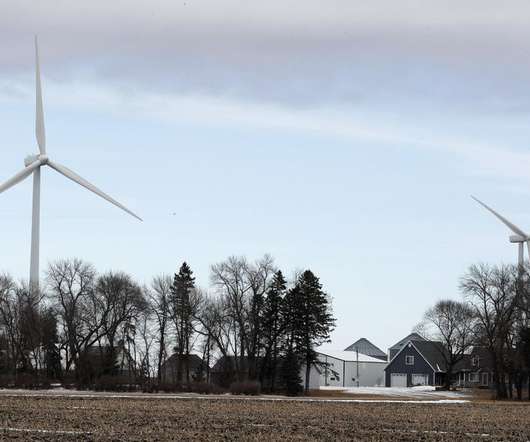IEA: CO2 emissions from fuel combustion rose 2.2% in 2013, below the average rate since 2000
Green Car Congress
NOVEMBER 5, 2015
increase in 2012. Both years were below the average growth rate since 2000 of 2.5%. The new IEA analysis of the official 2013 data shows that emerging economies’ emissions grew 4%, largely because of increased coal consumption, while there was no change in emissions by more developed countries that include most IEA members.


























Let's personalize your content